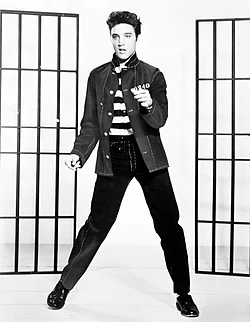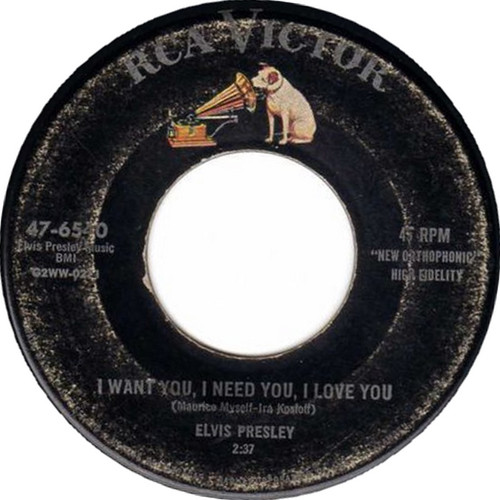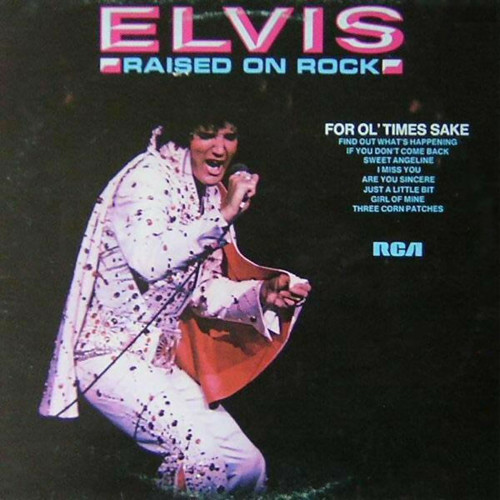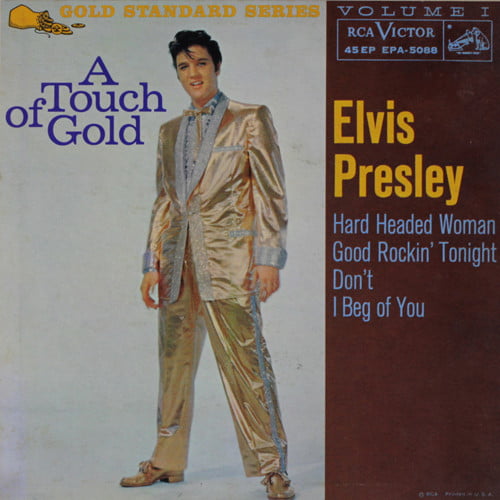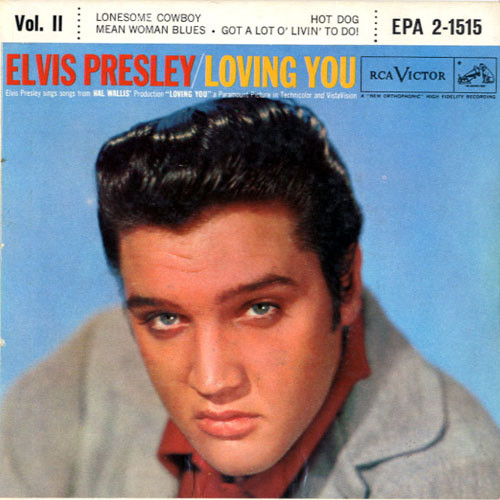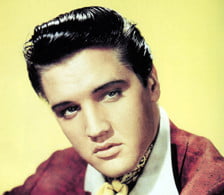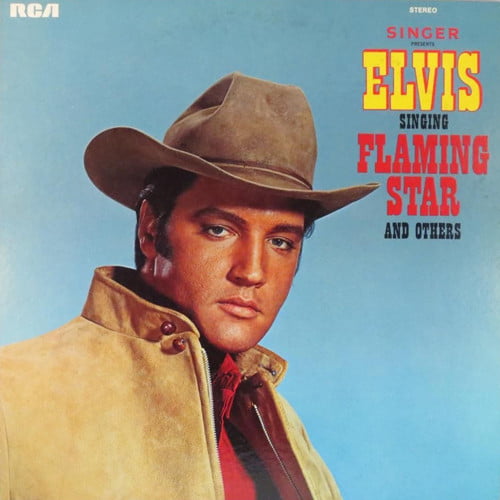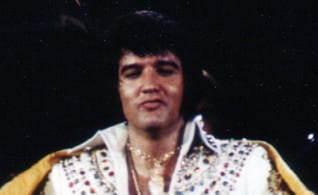“A release that cemented the King of Rock’s career after his explosive debut with Heartbreak Hotel”
Introduction
In May 1956, just a few months after shaking the charts with Heartbreak Hotel, Elvis Presley returned with a new double single that marked another milestone in his career: I Want You, I Need You, I Love You on the A-side and My Baby Left Me on the B-side. With this release, RCA Victor reaffirmed that the young singer from Tupelo was no passing fad, but a star destined to conquer the world.
The single reflected two sides of Elvis: the tender, vulnerable ballad on one side, and the raw, energetic rock performance on the other. Its immediate success helped solidify his image as the performer who would forever change popular music.

Technical details of the single
- Title: I Want You, I Need You, I Love You / My Baby Left Me
- Release date: May 4, 1956
- Record label: RCA Victor
- Catalog number: RCA 47-6540
- Recording location (A-side): Nashville, Tennessee – April 14, 1956
- Producer: Steve Sholes
- Running time:
- I Want You, I Need You, I Love You: 2:40
- My Baby Left Me: 2:12
- Main musicians:
- Elvis Presley – vocals
- Scotty Moore – electric guitar
- Bill Black – double bass
- D.J. Fontana – drums
- Chet Atkins – guitar
- Gordon Stoker (The Jordanaires) – piano and backing vocals
- The Jordanaires – backing vocals
The main track: I Want You, I Need You, I Love You
Written by Maurice Mysels and Ira Kosloff, this ballad was recorded under unusual circumstances. Elvis had a hectic touring schedule and only a few hours in Nashville between shows. In fact, only one complete take was achieved after several failed attempts. Presley’s voice sounds intimate and emotional, a striking contrast to the explosive nature of his previous single.
The song reached number 3 on the Billboard Top 100 and became one of the singer’s first major romantic hits, proving that he could shine not only in raw rock numbers but also in tender ballads.
The B-side: My Baby Left Me
Written by Arthur Crudup, who had also penned That’s All Right (Elvis’s very first recording at Sun Records), this song once again connected Presley with his rhythm and blues roots.
With its raw and electric style, My Baby Left Me highlighted the wild energy of Elvis and his band, echoing the power of the rockabilly sound that had launched him to fame. Although it didn’t chart as strongly as the A-side, it became a key part of Presley’s live repertoire.
Reception and commercial success
The single was another triumph for RCA. I Want You, I Need You, I Love You sold over one million copies and earned a gold record certification. It remained on the charts for several weeks, confirming that Elvis was no passing craze.
Television appearances, such as on the Milton Berle Show and The Ed Sullivan Show, coincided with the single’s promotion, multiplying its media impact and fueling the youth phenomenon that surrounded him.
Curiosities and anecdotes
- Elvis arrived at the Nashville studio in a private plane chartered by RCA, a rare luxury at the time for such a young artist.
- Recording I Want You, I Need You, I Love You was complicated: up to 17 incomplete takes were attempted before the final version.
- Presley himself was reportedly not fully satisfied with the recording, but producer Steve Sholes insisted on releasing it.
- My Baby Left Me is regarded as one of Elvis’s most direct tributes to Arthur Crudup, whom he always acknowledged as one of his biggest influences.
Legacy and recognition
With this single, Elvis Presley firmly established himself as a mass idol in 1956. The combination of ballad and rock showcased a versatility that few artists could match. Both songs were later included in compilation albums and remain essential parts of his discography.
Today, I Want You, I Need You, I Love You / My Baby Left Me is remembered as the release that proved Elvis Presley wasn’t just here to stay—he was here to reign as the King of Rock and Roll.
Conclusion
Elvis’s second RCA single was not only a commercial success but also a perfect portrait of his artistic duality: the rebellious young man who set stages on fire and the romantic who melted hearts.
Why listen to it today?
Because it captures the essence of Elvis Presley in his early years: passion, freshness, and authenticity. This 1956 single is a fundamental piece for understanding how the legend was born.
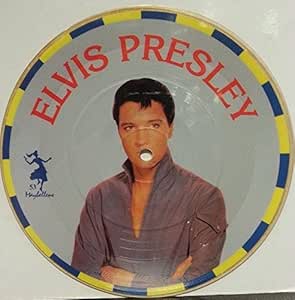
Access the Complete Discography of Elvis Presley in the following link of Elvis Radio 24h https://elvisradio24h.com/tag/discography/
The best way to thank us is by sharing this article. TCB
